2023-08-08 08:49
Rebound in Transaction Activities in Domestic Commercial Real Estate Market

According to Seoul Figures Q2 2023 released by CBRE Korea, a global commercial real estate services company, 2023 Q2 domestic commercial real estate investment volume rose to KRW 3.8 trillion in Q2 2023, representing growth of 72% q-o-q. The period witnessed a significant recovery in office investment transactions at KRW 2.4 trillion, which more than doubled q-o-q.
This pushed up H1 2023 investment volume to KRW 6.1 trillion. Rent-free periods continued to decrease across major business districts, driving the growth of average rents. Average Grade A effective rents in Seoul rose 4.0% q-o-q. Solid demand will ensure vacancy remains low and rents continue to rise, with new supply set to be limited to a large office in Yeouido Business District (YBD) this year and several new buildings in the Central Business District (CBD) in 2024.
In retail, as the retail market shifts back to face-to-face consumption, growth in online sales is slowing. However, sales at high streets and department stores increased, and domestic retail sales grew by 4.6% y-o-y in Q1 2023 due to the gradual recovery of domestic consumption and easing of inflation.
Meanwhile, 16 new Grade A logistics facilities were completed in Q2 2023, and most pipeline projects that are already underway are reporting swift construction progress, with some properties originally due to come on stream next year having had their completion dates brought forward. This is expected to increase total new supply for this year to a record-breaking level. Average vacancy marked a 7%p increase from the previous six-month period resulting from the short-term impact of large-scale supply.
“As the Bank of Korea has frozen base rates four consecutive times at 3.5%, interest rates have begun to ease since the end of the last year, and the investment market is gradually rebounding,” explained Claire Choi, a Head of Research in CBRE Korea. “In particular, with competition for Grade A space intensifying, domestic companies are considering buying as well as leasing, while around 20% of investment volume was attributed to foreign capital, with overseas investors’ especially active in the logistics sector.”
< Korea Shipping Gazette >
많이 본 기사
- “해양관광대국 초석 다진다” 해양레저관광협회 공식 출범CMA CGM, 美 항만운영사 설립…터미널 10곳 묶는다북극항로 민관협의회 출범 “9월 시범운항”해수부 출입 해운기자단, 해사신문 윤여상 국장에 감사패 전달KSS해운, BGN·태국석유공사와 VLGC 7척 장기계약‘부산 환적·광양 수출입’ 컨물동량 1%대 성장삼성중공업, 지난해 영업익 8622억 달성…12년來 최대정기선 HD현대 회장, 印 모디 총리 만나 합작조선소 건립 논의日 MOL, HD한국조선해양에 액화이산화탄소 운반선 2척 발주한진, ‘물류 바탕’ 전방위 ESG 경영 확산
- 인사/ 한국해양수산개발원케이조선, 5만t급 화학제품운반선 4척 수주…2900억 규모한국해양교통안전공단 이사장 공개 모집콜드체인協, 제11기 콜드체인관리사 양성과정 모집태웅로직스, 이천 풀필먼트센터 구축…이커머스 물류 진출목포해大 최부홍 신임 총장 “학생·지역·국가에 책무 다할 터”국제물류협회, 마이스터고 대상 ‘영마이스터 물류캠프’ 운영인사/ 해양수산부부산항 컨테이너 물동량 2488만TEU…최대치 경신엑소텍, 프랑스서 물류 자동화 행사 ‘엑소서밋 2026’ 개최
스케줄 많이 검색한 항구









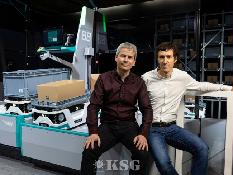

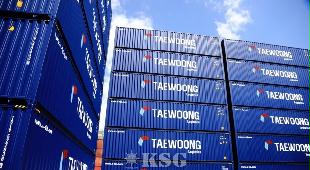

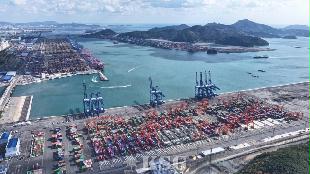
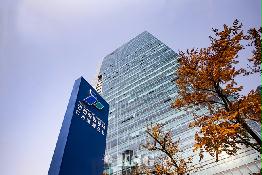
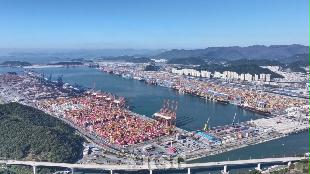
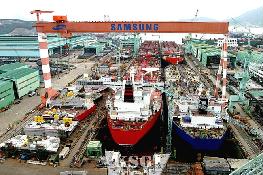
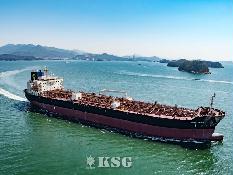

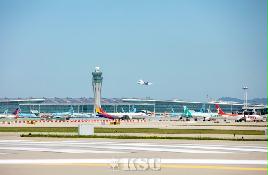
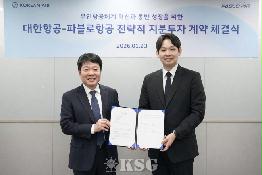
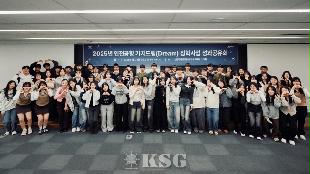
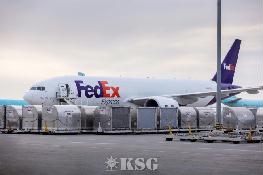
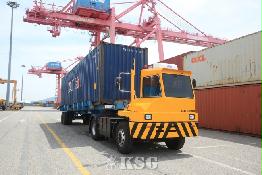

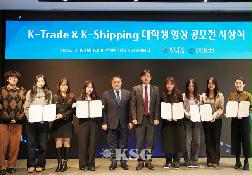
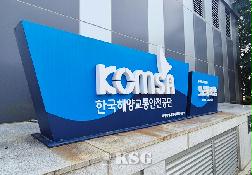
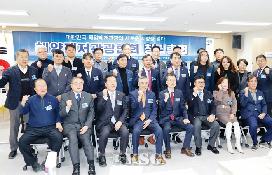
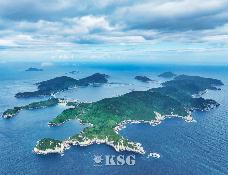
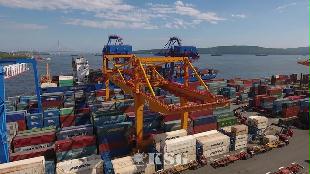
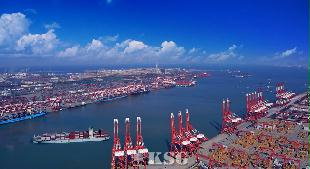
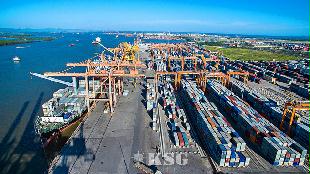
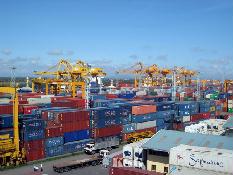





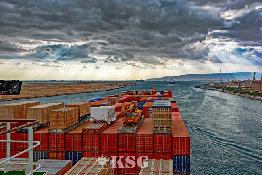
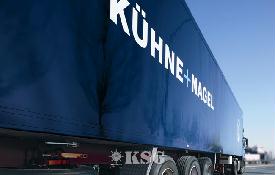
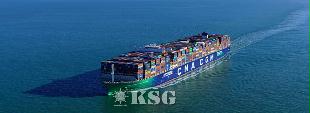
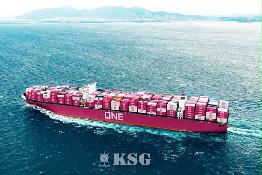
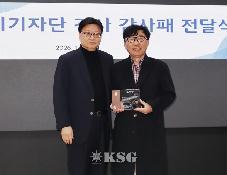
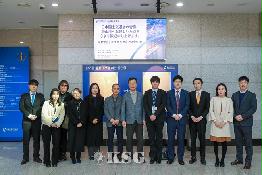




















0/250
확인